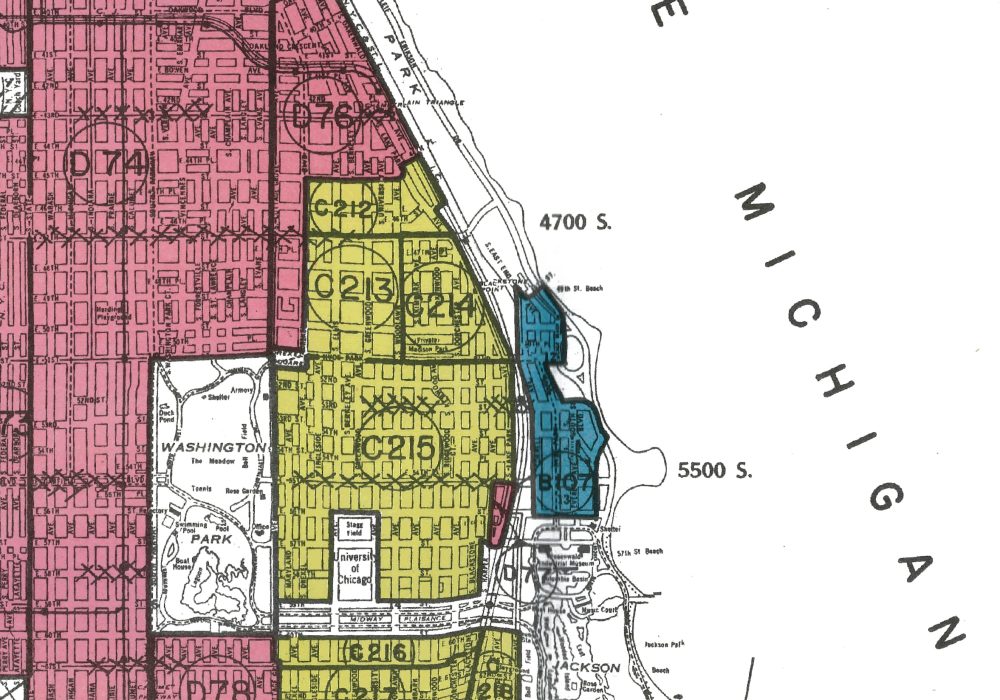A conversation with Yolonda Wilson (Howard University), Shawnee Daniels-Sykes (Mount Mary University), and Utibe Essein (University of Pittsburgh, School of Medicine), moderated by Vincent Lloyd (Villanova University). Co-organized with the International Academy for Bioethical Inquiry.
Cosponsored by America Media and the Gnaegi Center for Health Care Ethics
Free and open to the public. The event will be held online over Zoom and will be livestreamed on YouTube.
COVID-19 has been described as a great equalizer, affecting all Americans alike. Yet, data collected throughout the pandemic has revealed startling disparities, particularly with communities of color being disproportionately impacted by the virus, suffering from both higher infection rates and higher death rates. What are the roots of these asymmetries? How do economics, politics, and issues of healthcare—including how racial preconceptions have historically impacted medical treatment and public health policy—contribute? What resources do we have within our communities and within our religious traditions to respond? Join for an interdisciplinary panel of philosophers, public health experts, and theological ethicists as we seek to understand and respond to COVID and the color line.

